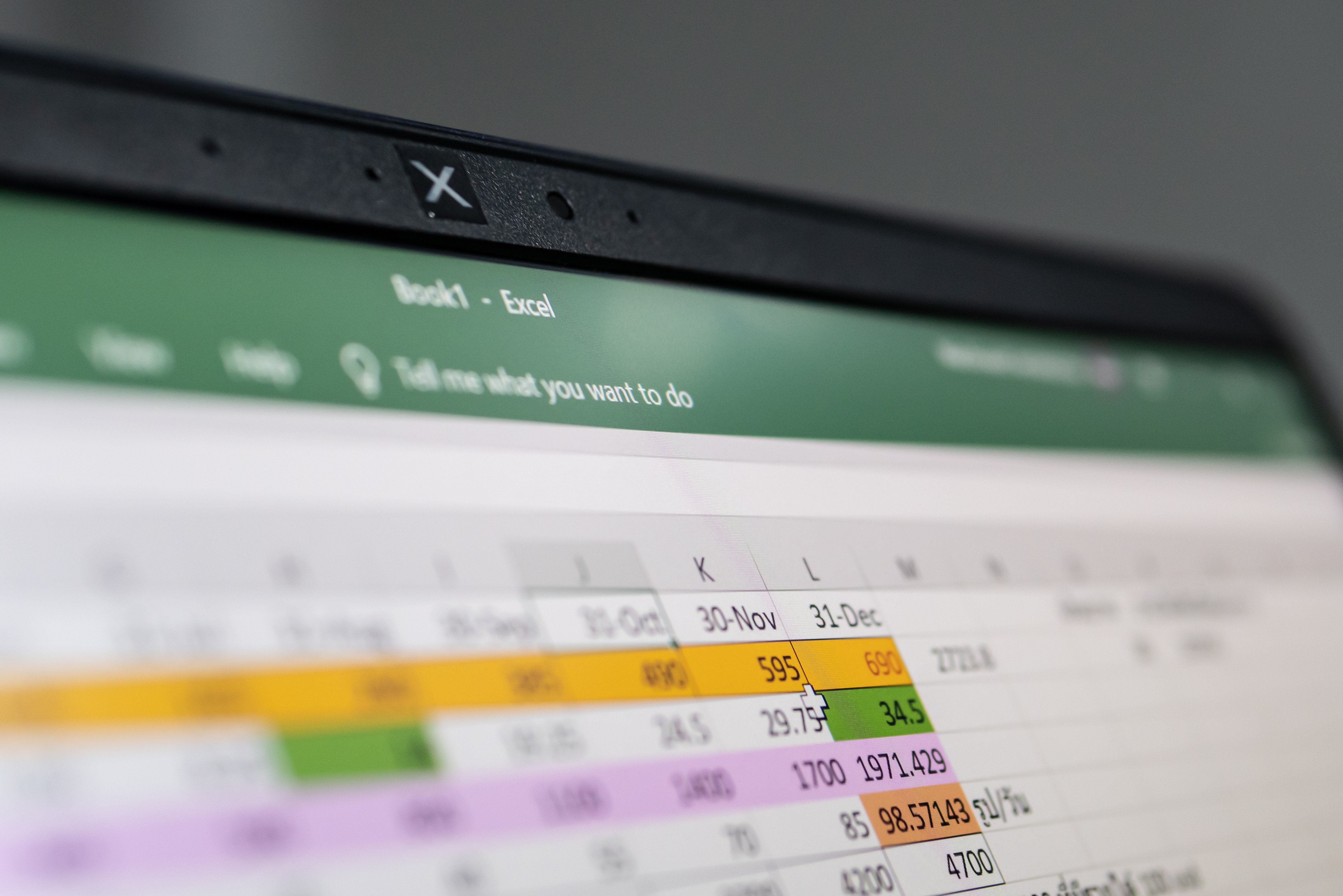The technical assessment. For many, those two words are enough to make your palms sweat. You've put in the hours, you know your stuff, but the pressure of a live, monitored assessment can feel like a high-stakes performance where the spotlight is blinding. And then it happens: the dreaded moment your mind goes completely blank.
If this sounds familiar, take a deep breath. You're not alone, and it's not a sign of failure. Going blank is a common stress response, but it's a hurdle you can absolutely overcome.
With the right mindset and a few practical strategies, you can walk into your next technical assessment feeling prepared, confident, and ready to show them what you've got.
The Mind Game: Win Before You Walk In
The most powerful prep happens in your head. Building mental resilience beforehand is your secret weapon against anxiety.
Reframe Nerves as Excitement
Elite athletes don't try to eliminate pre-game jitters; they relabel them. That racing heart and flutter in your stomach isn't just anxiety—it's your body getting activated and ready for peak performance.
"This energy means I'm ready and I care about this opportunity."
This simple cognitive trick can transform a debilitating feeling into a source of strength.
Visualize Success
Your brain often can't tell the difference between a vividly imagined experience and a real one. Take a few minutes each day to visualize the interview going perfectly. Picture yourself walking in confidently, calmly explaining your thought process, and nailing the answers. This mental rehearsal trains your nervous system to associate the interview with composure.
Practice Positive Self-Talk
Anxious thoughts can play on a loop. Actively challenge and replace them. Instead of thinking, "I'm going to mess this up," counter it with evidence:
"I was invited to this interview because my skills are a match. This is an exciting opportunity to show what I can do."
Handling the Pressure of Being Watched
Let's talk about the elephant in the room: the unique stress of having someone watch your every move during an assessment. This "fishbowl effect" is a major reason why even the most skilled professionals can freeze up.
The key: Remember that the interviewer isn't just looking for a perfect answer; they want to see how you think.
Turn observation into collaboration by thinking out loud:
💭 "Okay, my first thought is to approach it this way..."
💭 "I'm considering using a hash map here to improve efficiency."
This breaks the uncomfortable silence that fuels anxiety and gives the interviewer a window into your problem-solving skills.
Your In-the-Moment Recovery Kit
Even with great preparation, a tough question can throw you off. If you feel your mind starting to freeze, don't panic. Just reach for your recovery toolkit.
💧 The Power of the Pause
Take a slow, deliberate sip of water. This simple action buys you a few seconds to break the panic cycle and calm your nervous system.
🔄 Ask for a Replay
It's perfectly acceptable to ask the interviewer to repeat the question. Often, hearing it a second time is enough to jog your memory.
🎯 Be Honestly Composed
Simply saying, "That's a great question. May I take 30 seconds to structure my thoughts?" shows incredible self-awareness and composure.
💬 Start Talking
Start talking through the parts you do understand. Verbalizing can reactivate your cognitive pathways and lead you to the solution.
A Deeper Dive into the Assessment Playbook
Technical assessments today come in many forms, each designed to test a different aspect of your skill set. Knowing what to expect—and how to excel in each format—can take away the fear of the unknown.
🧠 The Critical Thinking Gauntlet
These are often open-ended, hypothetical, or "guesstimate" style questions designed to see your analytical process. The goal isn't a single right answer, but to show how you deconstruct a problem.
Your Strategy:
- 1. Start by asking clarifying questions to narrow the scope
- 2. State your assumptions out loud ("Let's assume we're talking about the US market...")
- 3. Break the problem into smaller, manageable parts
- 4. Walk the interviewer through your logic step-by-step
📊 The Practical Skills Showcase (Excel, SQL, etc.)
For many roles, you'll be asked to demonstrate proficiency in a specific tool. The goal here is to show fluency and efficiency.
Your Strategy:
Before the interview, brush up on core functions. For Excel, this often includes:
The key is to operate smoothly; practice navigating the tool so you're not fumbling for features under pressure.
📈 The Data Analysis Case Study
You might be given a dataset and a business problem, like "investigate why user engagement is down." This tests your business sense and structured approach.
Your Framework:
💻 The Live Coding & Whiteboard Challenge
This is less about perfect syntax and more about showing how you collaborate and communicate.
Your Strategy:
- • Talk through your logic as you go
- • For whiteboarding, start in the top-left corner and write legibly
- • Outline your solution with pseudocode before writing actual code
- • Don't be afraid to say, "I can't recall the exact method name, but..."
🏠 The Take-Home Assignment
This is your chance to shine in a lower-pressure environment by producing a professional-quality work sample.
Your Strategy:
Practice Makes Progress, Not Perfection
The single most effective way to prepare is through mock interviews. They are the only tool that simultaneously hones your technical skills, sharpens your communication, and builds your resilience to stress. Job seekers who do mock interviews report feeling significantly more confident and prepared for the real thing.
It's About More Than Just the Right Answer
Ultimately, hiring managers are looking for a future colleague, not just a technical expert. They want to see your problem-solving process, your communication skills, and your passion for your work.
One of the best ways to demonstrate this is when the tables are turned. The "Do you have any questions for us?" part is a golden opportunity.
Instead of generic questions, try asking about:
By preparing your mind, understanding the different formats, and practicing with intention, you can transform any technical assessment from a source of dread into a platform to showcase your true talents. Good luck! 🚀



